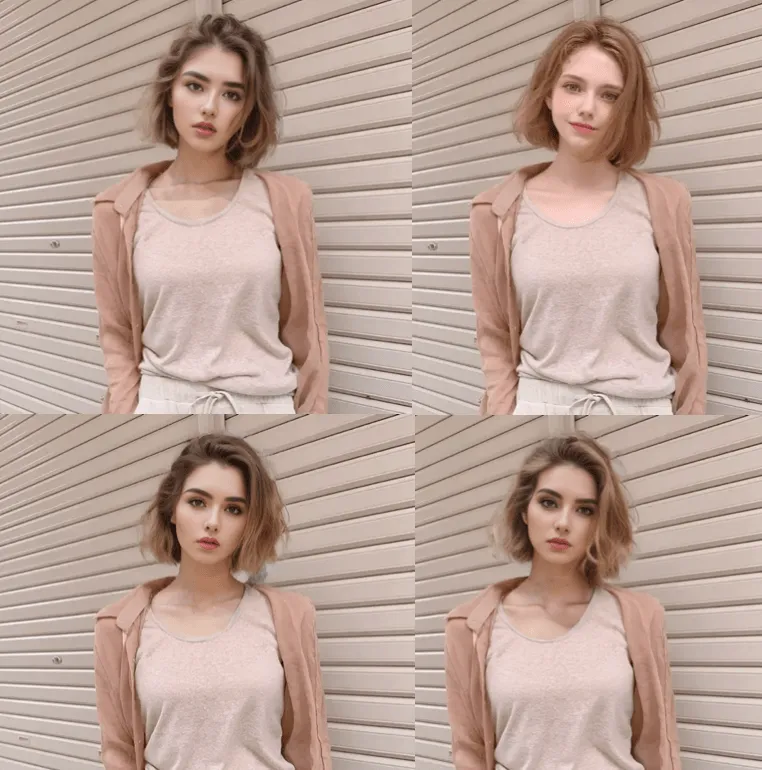FAQs
Q1: How does AI improve photo editing?
Ans: AI significantly improves photo editing through automated processes and advanced techniques. It can identify and fix problems in images, apply filters, adjust lighting, and add effects in a fraction of the time a human editor would need, offering a more streamlined and efficient editing process. Also, with machine learning capabilities, AI can learn from its past editing tasks, and improve over time.
Q2: How can AI tools enhance creativity in photography?
Ans: AI tools can enhance creativity in photography by offering a vast array of editing options that were previously impossible or too time-consuming to do manually. These include things like changing the entire background of a photograph, removing unwanted objects, or generating realistic lighting effects. By taking over the routine editing tasks, AI gives photographers more freedom and time to focus on their creativity and experimentation.
Q3: What are some AI tools used in photo editing?
Ans: Many AI tools are available in the market for photo editing, including ZMO.AI, Adobe Photoshop’s AI features, Luminar AI, etc. Some of these tools enable automatic editing of certain photo attributes, while others are more specialized. For instance, ZMO.AI provides features such as Magic Remove to get rid of unwanted objects, Background Remover and Changer for simpler and efficient background modifications.
Q4: What features does ZMO.AI offer for photo editing?
Ans: ZMO.AI offers a variety of impressive AI-enabled features. It provides a tool called Magic Remove, which removes undesired elements from images quickly and for free. Their other features include a Background Remover for easy and efficient background changes, as well as AI models for compelling content generation, making professional-level photo editing accessible to all users.
Q5: What potential does AI hold for the future of photography?
Ans: AI holds enormous potential for the future of photography. As technology advances, we can expect AI to deliver more sophisticated photo editing tools and features, making it easier to produce high-quality images. AI might be able to predict future trends in photography and adapt accordingly, provide more personalised editing experiences, and possibly even replicate the style of famous photographers. The potential is indeed limitless.
